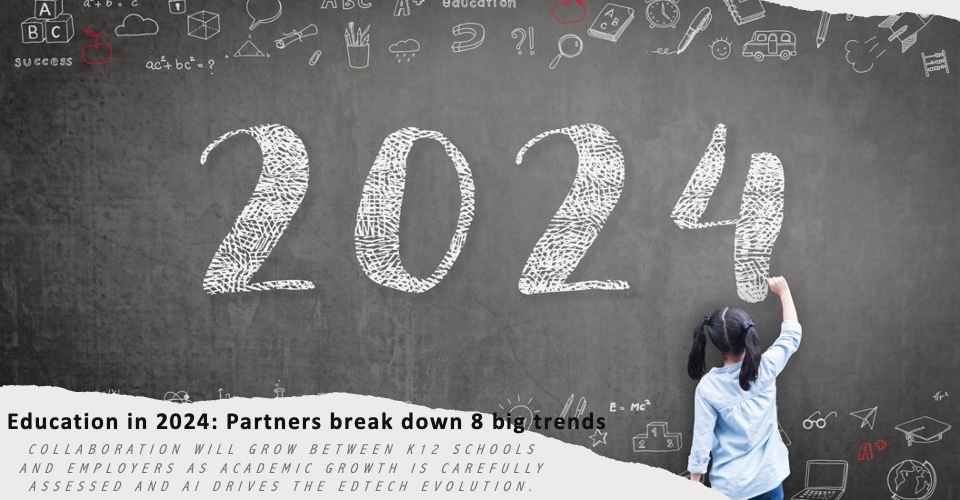Among students ages 3–21 who received special education and or related services under the Individuals with Disabilities Education Act (IDEA) in the 2021–2022 school year, speech therapy and language impairments had the second largest reported percentage at 19%.
Special education service providers help students and families set realistic goals and model ways in which they can practice skills together at home. At the same time, family members offer valuable insights into a child’s personality, strengths and interests—giving providers and teachers a better understanding of that student and how to best meet their needs.
Here are some ways speech-language pathologists and other special education service providers can collaborate with families to improve communications and boost student success.
Begin by establishing trust around speech therapy
Taking the time to build a partnership with a student’s family increases the likelihood that a child will be able to incorporate new skills into their daily routine.
More from DA: Backlash against restorative discipline is growing as behavior breaks down
By asking family members the right questions, you learn more about their child and determine the role they might play in their child’s therapy.
You can start by asking:
- What is your child’s daily routine?
- What are your concerns for your child?
- How can we incorporate what we’re doing with your child and make that easy for you to practice at home?
We don’t want families to feel like they must do speech therapy on their own, for example. We do want them to address ways in which they can recognize opportunities for practice at home.
Help get family members on the same page
It’s hard for a child to become invested in their therapy if they have family members who don’t believe they need it or if there is a misunderstanding that the therapy alone will address the concerns. Providers often face conflicting opinions from families regarding a child’s eligibility for special education services. For example, I’ve heard grandparents say, “My son didn’t talk until he was five years old.” Their grandson might not have started talking yet, and they think that’s OK.
We need to help family members understand developmental expectations and talk about how we can work together to help their child meet those expectations.
Gain a solid understanding of the big picture
Generally, family members are the ones who spend the most time with their children. They likely have a vision of where they’d like their child’s skill level to be at the end of the school year. It’s critical to understand those goals and help family members understand what developmental milestones their child must meet along the way to achieve those outcomes.
While it can be frustrating for families to see their child struggle, it’s important to be positive and remind them that new skills acquisition can take time.
Respect the family’s communication style
Special education services providers occasionally meet families in person and get to know them face-to-face. Providers most often communicate with them through their child’s teacher or via telephone or email. At Parallel Learning, for example, we provide special education services through video conferencing and sometimes get the opportunity to speak to families through video chat, which is helpful. By learning about a family’s culture, language and background, we can continue to build trust and foster cooperation.
In a school setting, special education service providers often feel left out of the communications loop; but it’s critical for providers to maintain open communications with both teachers and students’ families.
Celebrate successes, big and small
Some students spend years receiving speech therapy or other services. They might voice frustration, shut down or question whether they are really improving. By establishing solid communication with students’ families, we can get creative and find new ways to encourage and motivate them.
It’s also important to continue to make therapy fun for the student. Whether it’s talking about what they are doing in track, football or soccer, or what they did over the weekend, you can incorporate speech and language goals into daily conversation. Even if dismissal from speech and language therapy is not an immediate option, it is important to celebrate any amount of progress. That’s success!
It does take extra effort to communicate with families, but the results are worth it. Together, we can jointly look at different approaches to help a child gain confidence, refine skills and graduate. We can also share the positive impact therapy continues to have on their child’s future.









